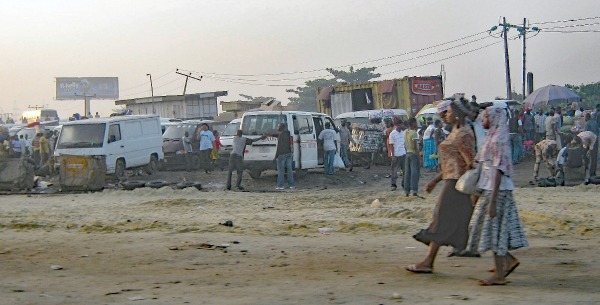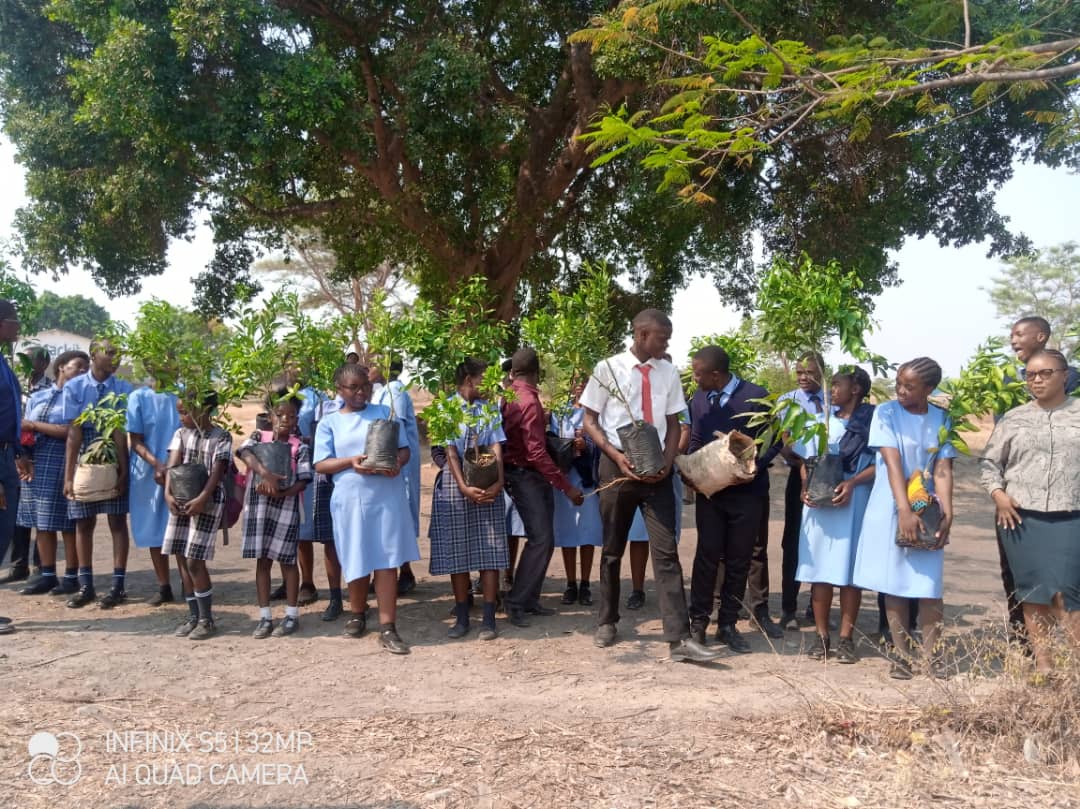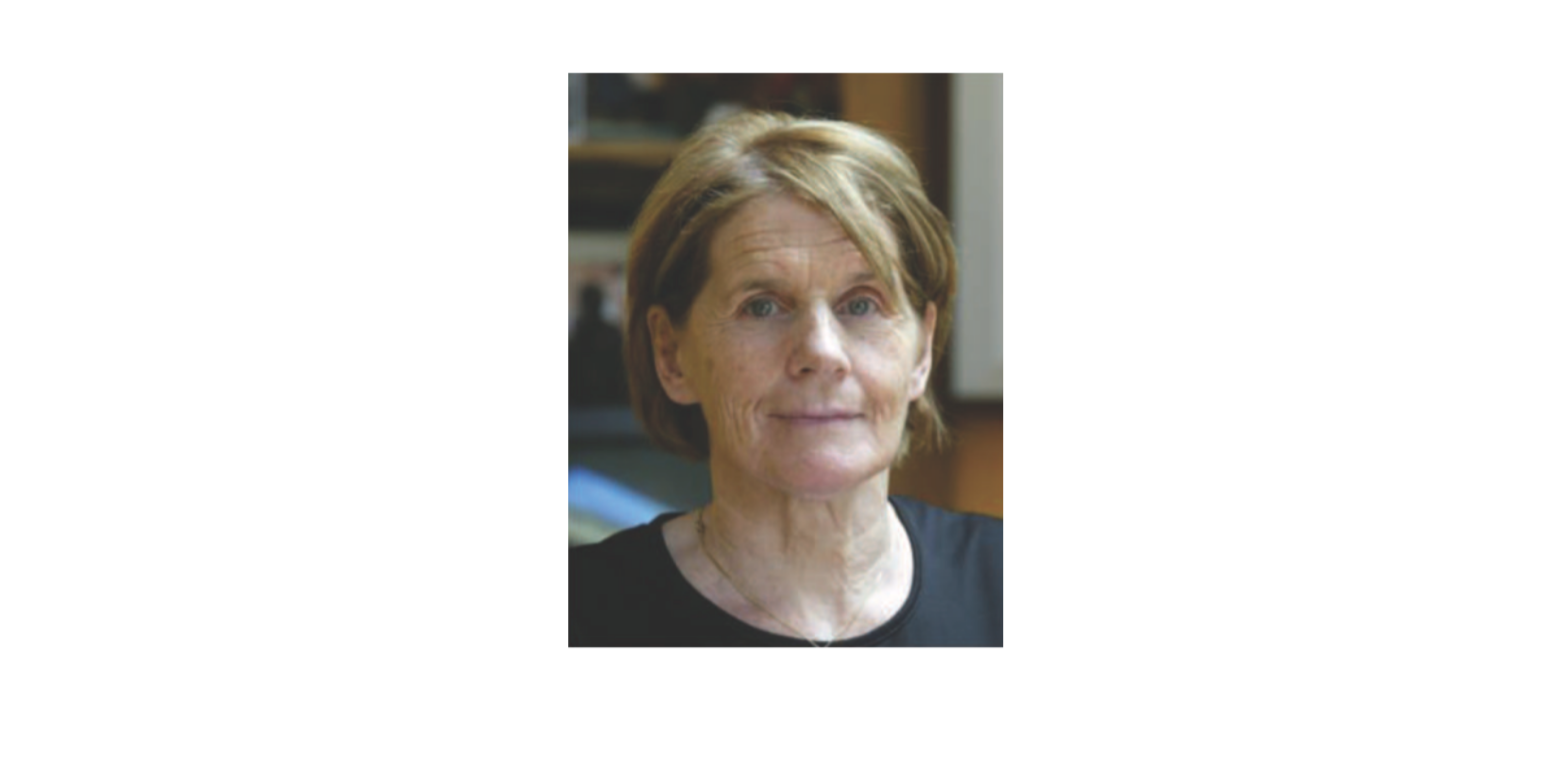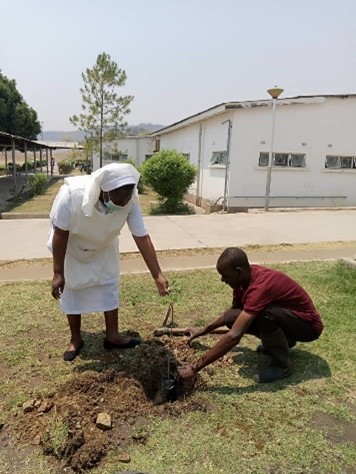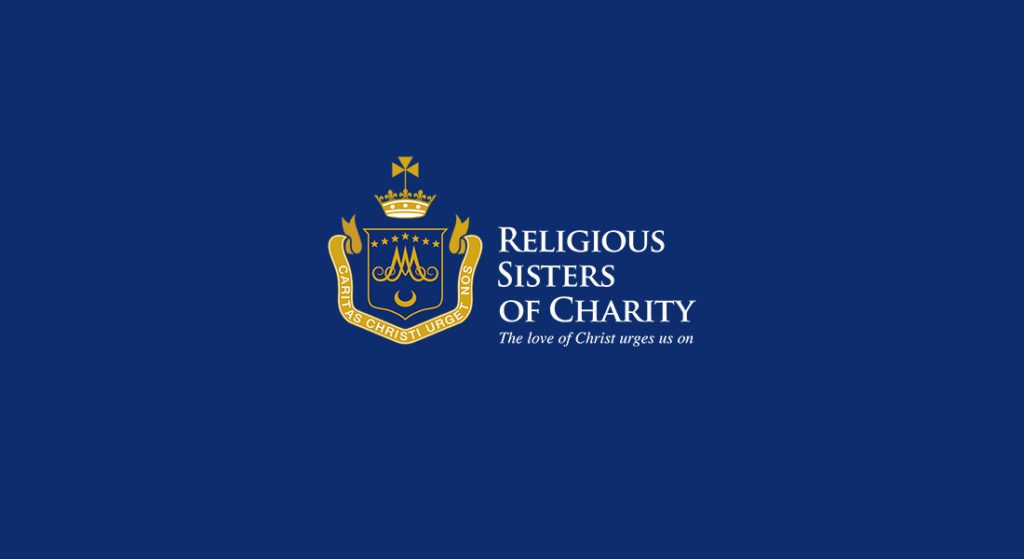
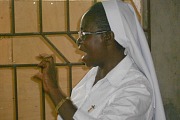 Sr. Justina Nelson works to raise awareness in Nigeria on the issue of Human Trafficking. Recently she was interviewed by Quest FM, a radio station in Delta State. She was delighted with the opportunity to reach a wider audience with her message.
Sr. Justina Nelson works to raise awareness in Nigeria on the issue of Human Trafficking. Recently she was interviewed by Quest FM, a radio station in Delta State. She was delighted with the opportunity to reach a wider audience with her message.
The programme prompted many phone calls from interested individuals, asking questions and making comments, some seeking help. One young woman who was planning to make the hazardous journey abroad decided against travelling after hearing the programme.
Many Nigerians are vulnerable to Human traffickers because of the increase in poverty and hunger in the country, due to the corrupt system of leadership coupled with a lack of power supply which has crippled the economy. Prices of goods in the markets have escalated, salaries of the employed are not paid, while the self-employed cannot function properly due to the lack of any or epileptic power supply. Parents face the challenges of paying their children school fees.
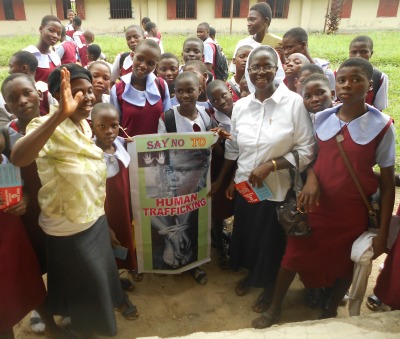 The lack of opportunities within Nigeria means that women and youths in particular look for any opportunity to emigrate in search for a better life. In her work speaking to people about human trafficking Sr. Justina outlines the dangers and challenges that face those who decide to emigrate without the necessary papers, through unofficial routes of migration. She describes her work as follows:-
The lack of opportunities within Nigeria means that women and youths in particular look for any opportunity to emigrate in search for a better life. In her work speaking to people about human trafficking Sr. Justina outlines the dangers and challenges that face those who decide to emigrate without the necessary papers, through unofficial routes of migration. She describes her work as follows:-
“I encourage people to consider that it would be better to do something meaningful with their lives in our own environment and be happy than to undertake the hazardous journey with its attendant risks, particularly that of being enslaved. I warn them there are unscrupulous individuals who enrich themselves at the expense of others through sexual, labour exploitation and other dubious means.
But convincing people of this is difficult. On one occasion a widow in the group shouted ‘I will be happier being in a prison in Europe than staying here and be suffering’. Yes, unfortunately this is the reality. This widow has work but her salary is small and cannot meet the needs of those for whom she is responsible.
What am I trying to portray? Things are worst now in Nigeria than some years past. Sometimes when I read or heard about many Nigerians being trafficked or deported back, I feel bad. But then I remember that Nigeria is a vast country and this awareness has not really gone to the grassroots in most states. Most people in the rural areas don’t have television and if they do, there may not be power supply to enable them know what is happening around them. We are trying our best to continue our awareness raising and sensitization program in the schools, churches, villages and associations both political and religious.”
